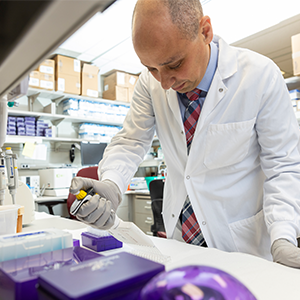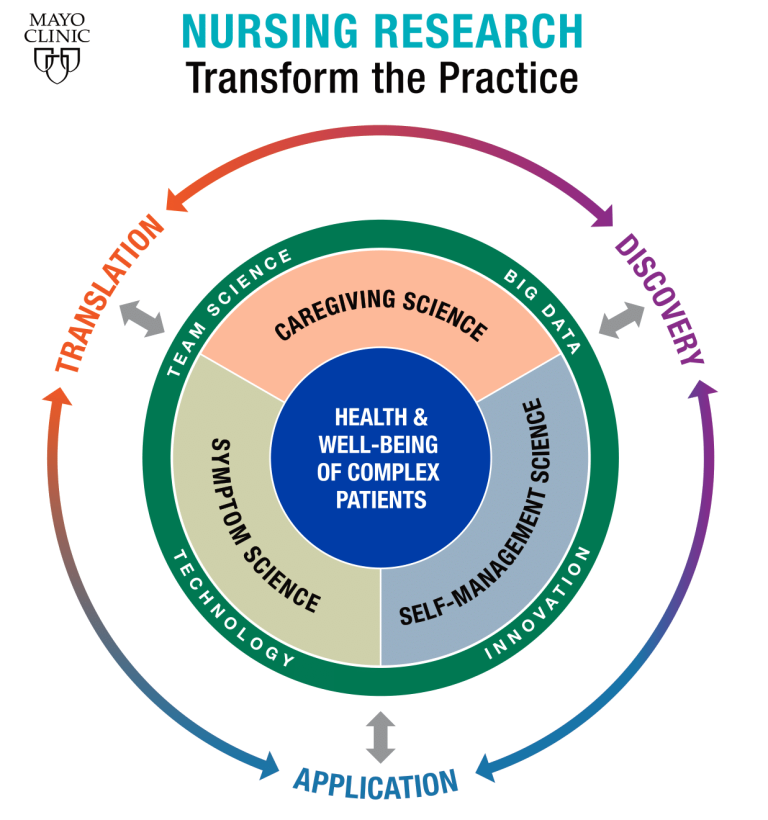-
Mayo Clinic Minute: Blood test basics
When you have a physical exam, often you'll get a routine blood test. By measuring components in your blood, the test may reveal issues that need further evaluation. Dr. Rajiv Pruthi, a Mayo Clinic hematologist, explains what health care providers look for in their patients' blood.
Journalists: Broadcast-quality video (:56) is in the downloads. Read the script.
Ouch. That needle can sting. But your blood holds clues about your health.
“For routine blood tests, generally, we do what we call a complete blood count,” says Dr. Pruthi.
A CBC. Dr. Pruthi says a CBC measures components in your blood. Your bone marrow is like a blood factory. It produces red cells, white cells and platelets. If, during a blood test, the levels of these components are too high or too low, your doctor may order further testing to find out why.
“Sometimes patients may have minimum or no symptoms, and the first sign is abnormalities on your complete blood count,” says Dr. Pruthi.
So a CBC is a screening test.
“Which, in conjunction with the patients history and physical exam, will lead to a diagnosis if there are abnormalities,” says Dr. Pruthi.
Yes, that needle might pinch, but Dr. Pruthi says it’s important to talk to your health care provider about getting a complete blood count at regular intervals.







